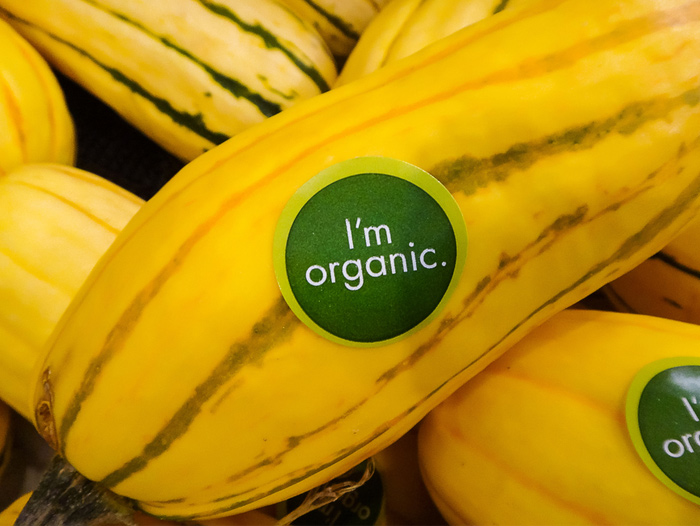Affluent Food Shoppers More Likely to Purchase Natural and Organic Products
June 17, 2019 | 3 min to read

Rockville (MD) — The belief that natural and organic practices produce foods that are tastier, more nutritious, and healthier continues to germinate in the minds of key consumer demographics. The result has created a pervasive and enduring trend that spreads to virtually every corner of the food and beverage industry.
Wealthy Americans are among the most influential and active participants in the natural and organic food market, according to Affluent Food Shoppers, a new report by market research firm Packaged Facts.
Packaged Facts’ consumer survey data found that affluent food shoppers are increasingly moving in the direction of eating more organic and natural foods. They are more likely than non-affluent food shoppers to respond that they are eating more natural foods or organic certified foods compared to a few years ago. They also have a somewhat higher likelihood of more carefully avoiding foods with artificial ingredients.
“Affluent food shoppers are drawn to the food culture and shopping experience offered by stores in the natural channel,” says David Sprinkle, research director for Packaged Facts. “They are much more likely than their non-affluent counterparts to shop at either Whole Foods or Trader Joe’s or at independent natural food stores, community co-ops, farmers markets or specialty and gourmet outlets.”
Due to these propensities, Packaged Facts advises that grocers can improve their outreach to affluent consumers by reflecting the values of the natural channel. This means promoting values such as fair trade, local sourcing, sustainably grown products, humane treatment of animals, and clean labeling. It also means carrying brands that align with the mindset of affluent food shoppers. For example, brands meeting the expectations of affluent food shoppers often have a philanthropic image and frequently characterize their ingredients and products with terms such as “honest,” “authentic,” “trusted,” “finest,” “freshest,” natural,” “pure,” “real,” and “safe.”
“Since affluent food shoppers are far more likely to buy organic fresh and frozen foods, stores need to provide a full range of options in this category,” says Sprinkle.
About the Report
Affluent Food Shoppers focuses on the food shopping and buying patterns of affluent food shoppers, who are defined as those with a household income of $150,000 or more. Affluent food shoppers are further segmented into mass affluent food shoppers, with a household income of $150,000-$249,999, and highly affluent food shoppers, with an income of $250,000 or more. The report includes an overview of topline opportunities in the affluent food shopper segment, an in-depth assessment of the food purchasing patterns of affluent food shoppers, profiles of their demographic characteristics and attitudes toward food, and an analysis of the channel choices, in-store behavior, and brand preferences of affluent food shoppers.
View additional information about Affluent Food Shoppers, including purchase options, the abstract, table of contents, and related reports at Packaged Facts’ website: https://www.packagedfacts.com/Affluent-Food-Shopper-12413209/.
About Packaged Facts
Packaged Facts, a division of MarketResearch.com, publishes market intelligence on a wide range of consumer market topics, including consumer demographics and shopper insights, consumer financial products and services, consumer goods and retailing, and pet products and services. Packaged Facts also offers a full range of custom research services. Reports can be purchased at our company website and are also available through MarketResearch.com.
For more essential insights from Packaged Facts be sure to follow us on Twitter (@packaged_facts), LinkedIn, andYouTube.
